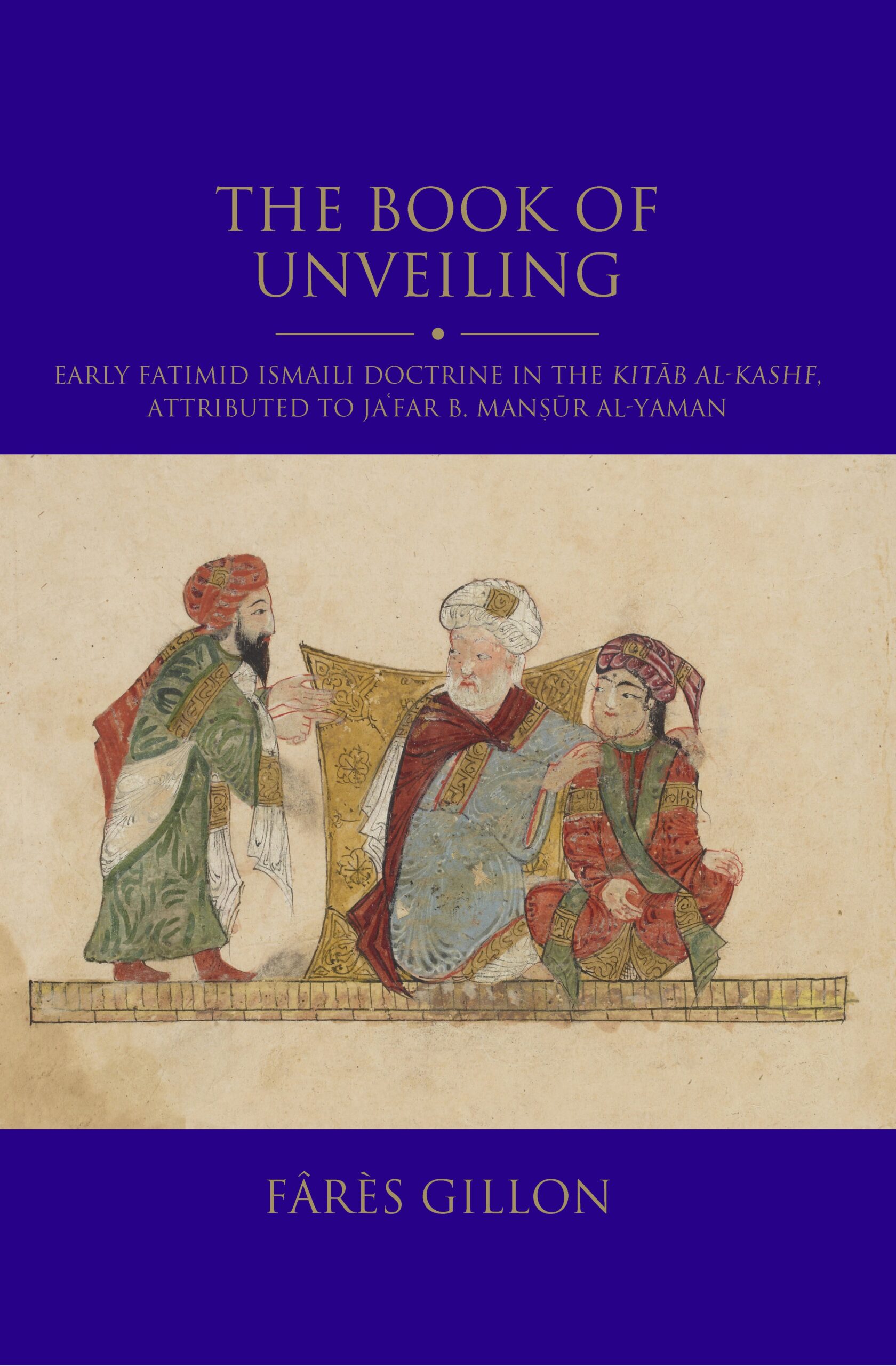This book is also available OPEN ACCESS to download or read online for free.
The Kitāb al-Kashf is one of the earliest Ismaili texts to have reached the present day. Transmitted by the Ṭayyibī Ismaili tradition, it is composed of six treatises, most of which, as this open access study and first English translation argues, go back to the early years of the Fatimid rule.
The importance of this work is predicated upon the unique insight it offers on the early stages of the elaboration of Ismaili doctrine. A number of parallels with Twelver Shi’i, as well as ghulātExaggerators’ or ‘extremists.’ A term of disapproval in classical Muslim sources against what they regarded as ‘heretical’ exaggeration in matters of doctrine. and Nuṣayrī sources, are highlighted throughout this study, which, by contrast, allow for the identification of specifically Ismaili themes and doctrines, before and after the rise to power of the FatimidsMajor Muslim dynasty of Ismaili caliphs in North Africa (from 909) and later in Egypt (973–1171) More. The Kashf is thus an essential witness to the way early Ismailism, while drawing from a pool of themes common to several Shi’i trends, nevertheless formed its own distinctive identity.
Since it was edited by Rudolf Strothmann for the first time in 1952, the Kashf has attracted the attention of several generations of scholars, but did not benefit from a full annotated translation and extensive study highlighting its structure and aims until now.
Introduction
- Historical and intellectual context
- Transmission: manuscripts, editions, and reception
- The problematic authorship of the Kitāb al-Kashf: some remarks on the corpus attributed to Jaʿfar b. Manṣūr al-Yaman
- The six treatises of the Kitāb al-Kashf and their contents
- Between chaos and order: the art of compilation and structure in the Kitāb al-Kashf
Notes on the translations and commentaries
Treatise I
Translation
Commentary
- The divine trust (amāna), walāyaFriendship or assistance. In Sufism the term is used for qualities that can be translated roughly as ‘sainthood’; in Islam, it is used specifically for devotion to theImam (see wilāya)…. and the covenant
- The daʿwaLit. ‘summons’, ‘mission’ or invitation to Islam. Amongst Shi’i Muslims, it was the invitation to adopt the cause of the Imamat. It also refers more specifically to the hierarchy of…, an esoteric family
- God’s ‘order’ (amr) and its continuity
- The continuity of antagonism: the enemies of the Imam
- Musūkhiyya: from literal to metaphoric metamorphosis
- The Mahdī and his return
Conclusion
Treatise II
Translation
Commentary
- Divine transcendence
- The throne, the footstool and the problem of anthropomorphism
- The alphabetic cosmogony
Conclusion
Treatise III
Translation
Commentary
- Identifying the ‘Sage’ (al-ḥakīm) and dating Treatise III
- The daʿwa: an organization and its enemies
- The Orphan: evolution of a concept, from ghuluww to Fatimid Ismailism
- Salmān, a Shiʿi figure in support of the Fatimid reform
- The ‘Bearer of the Sword’ and the rajʿa
Conclusion
Treatise IV
Translation
Commentary
- Several ḥadīthLit. ‘report’ or ‘narrative,’ used for the traditions of the Prophet Muhammad and in Shi‘i Islam also for those of the Imams. fragments
- A ḥadīth on language
Conclusion
Treatise V
Translation
Commentary
- The Imam and his proof, the ʿAyn and the Fāʾ
- The rejection of antinomianism
- Organizing the daʿwa: instruction to the missionaries and refutation of the false Mahdī
Conclusion
Treatise VI
Translation
Commentary
- God’s choice challenged by human caprice
- ʿAlī and Aaron as books of God
- Proofs and summoners
Conclusion
Bibliography
Index of Qur’anic Verses
Index of Names and Places
Index of Technical Terms
Fârès Gillon is Associate Professor in Islamic Studies and Arabic at Aix-Marseille University, France. He received his PhD from the Ecole Pratique des Hautes Etudes (Paris), and specializes in the intellectual history of early Shiʿism, with a particular focus on Fatimid Ismailism. He has published several articles on these topics, and has also co-edited with Mathieu Terrier an Anthologie de la philosophie en Islam (Paris, 2023). Previously, he was Research Associate at the Institute of Ismaili Studies. His research interests include Shiʿi history and doctrines, Ismailism, Nusayrism and Islamic Philosophy.

